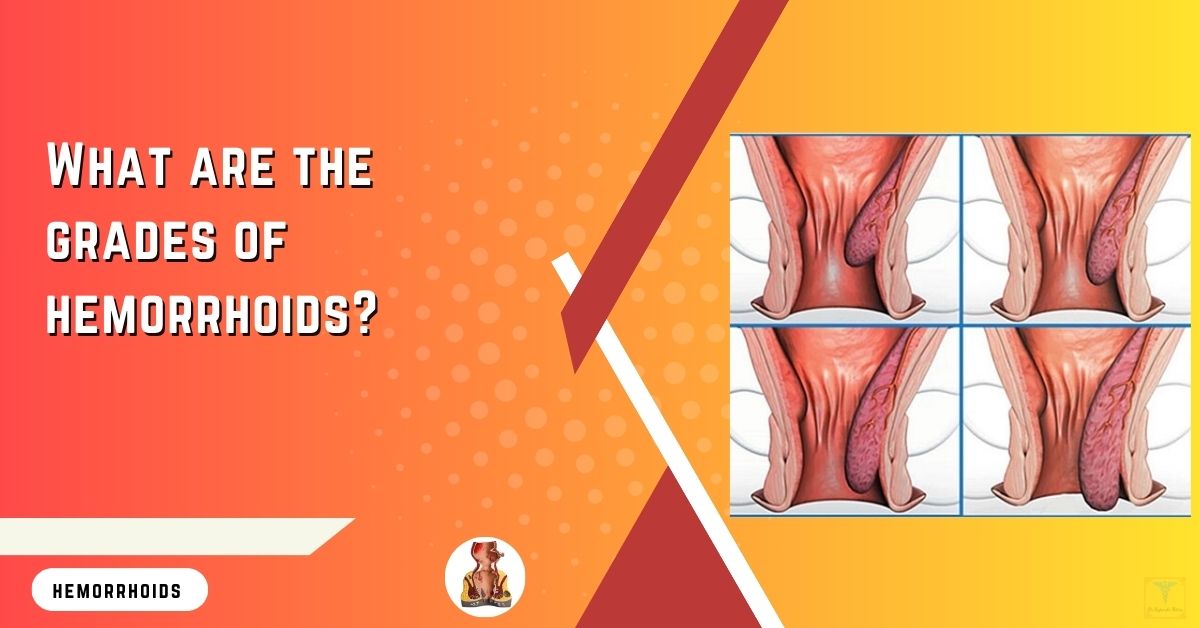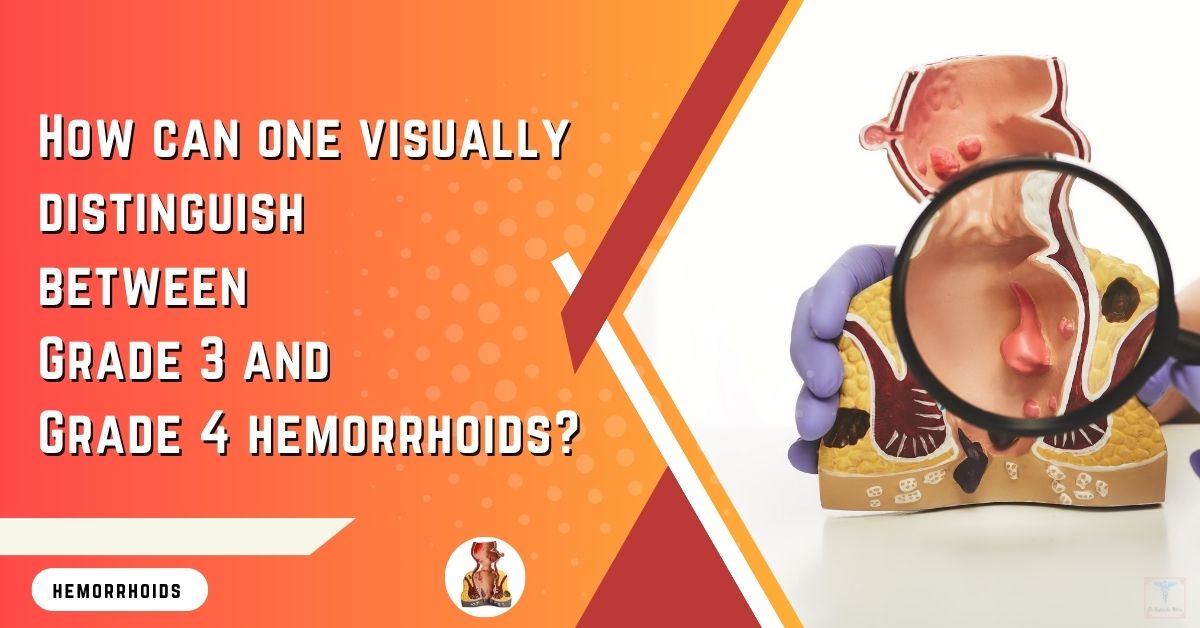While early-stage hemorrhoids can often be treated with at-home remedies and office-based procedures, more advanced grades that persistently prolapse may require surgical intervention. However, it is challenging to understand as a patient whether hemorrhoids need surgery or not.
Surgery becomes necessary when other measures have failed and the hemorrhoids are causing significant discomfort, pain, bleeding, and impairment in quality of life. This article reviews which hemorrhoid grades typically warrant surgical treatment and why.
Hemorrhoids Need Surgery or Not: Know It Quick
- Grade 3 and 4 internal hemorrhoids may require surgery if they chronically prolapse and do not respond to other treatments.
- Thrombosed external hemorrhoids often warrant urgent surgical removal to relieve severe pain.
- Non-thrombosed but symptomatic external hemorrhoids may need surgery if conservative measures fail.
- Grades 1 and 2 should not have surgery since other options exist.
- Surgery is a last resort for hemorrhoids causing persistent impairment and not treatable by other methods.

What Procedures Treat Advanced Internal Hemorrhoids?
Depending on the grades of hemorrhoids, different procedures are suggested, including surgery. However, the right evaluation is the key to understanding the current status of your issue and treating that accordingly.
Grade 3 Internal Hemorrhoids:
Grade 3 internal hemorrhoids, which prolapse through the anus but must be manually pushed back inside, may eventually require surgery if office-based fixes like banding or coagulation are ineffective after multiple tries. Common surgical options include:
- Hemorrhoidectomy – Excision of hemorrhoid tissue.
- Hemorrhoidopexy – Stapling and anchoring of hemorrhoids in place.
- Hemorrhoidal artery ligation – Suturing arteries to decrease blood flow.
These procedures remove or reposition prolapsing tissue to eliminate discomfort, irritation, and bleeding.
Grade 4 Internal Hemorrhoids:
Grade 4 hemorrhoids, in which prolapse is permanent, frequently necessitate surgery since they do not respond to other less invasive treatments.
Hemorrhoidectomy and hemorrhoidopexy are most commonly performed. These completely excise or reposition the prolapsing tissue. Recovery takes several weeks but generally provides long-term improvement in symptoms.
What Procedures Treat Thrombosed External Hemorrhoids?
Thrombosed external hemorrhoids, which form an extremely painful blood clot under the skin, may require prompt surgical removal (hemorrhoidectomy) to relieve pain and pressure when the following applies:
- Clot does not improve with conservative treatment.
- Intense pain persists for more than 48 hours.
- The hemorrhoid continues to rapidly enlarge.
- There are signs of infection.
This urgent scenario warrants the excision of the hemorrhoid containing the clot to rapidly alleviate severe discomfort.
What Procedures Treat Non-Thrombosed External Hemorrhoids?
Painful but non-thrombosed external hemorrhoids that persist despite conservative measures may need surgical hemorrhoidectomy. This is considered when they:
- Regularly bleed.
- Cause significant discomfort.
- Obstruct hygiene and daily activities.
- Are frequently irritated and inflamed.
- Are extremely large and prolapsing.
Surgery removes the troublesome hemorrhoidal tissue and provides lasting improvement.
Why Avoid Surgery for Early Grades?
Surgery is invasive and not necessary for milder grade 1 or 2 hemorrhoids which can be managed with at-home remedies, dietary and lifestyle changes, office-based treatments, and close monitoring.
It is considered a last resort after exhausting non-surgical options.
Final Note From Dr. Rajarshi Mitra
I hope this overview has helped explain which hemorrhoid grades may necessitate surgical intervention. Please let me know if you have any other questions!
Surgery should not be undertaken lightly but can provide lasting relief from hemorrhoids refractory to other treatments.



















